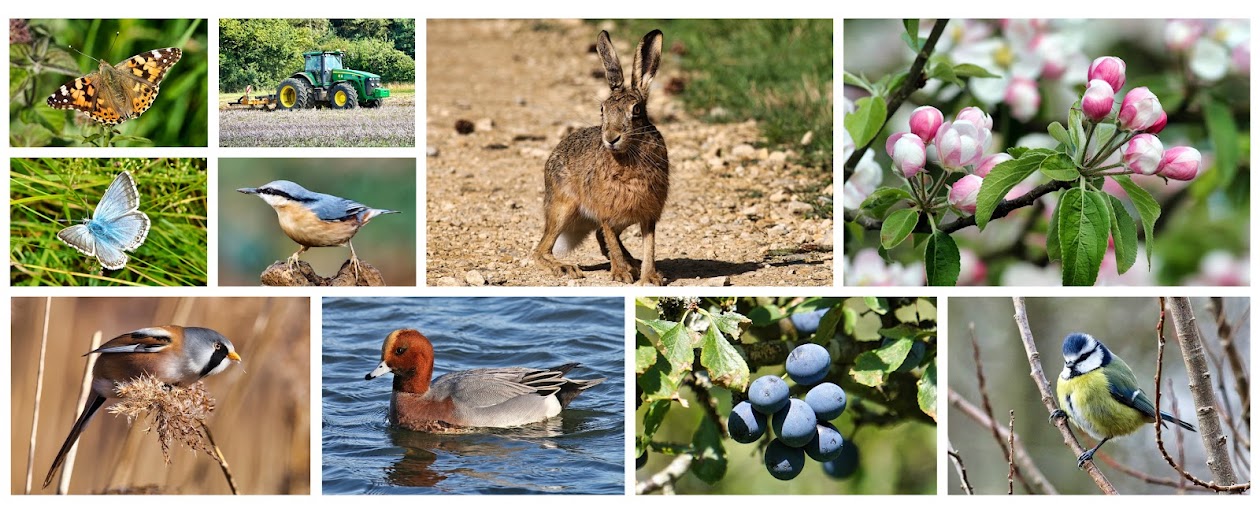From the Archive
Over the next few months my former Birding colleagues (located at the previous part of the country where I lived) will be on the look out for this species.
I took these images some 10 years ago and it was the first of two times that I have actually observed them.
Dependent on the lack of food source in Scandinavian countries, these beauties will fly South West to the Eastern part of UK.
They will feed on the various berries, mainly Haw and Hip that remain on trees and bushes. The East of England is a likely area.
I doubt that I will be fortunate enough to see them here on the South coast.















Haven't heard of any around here yet. I remember we had quite an influx of them a few years back; my brother and I decided to visit some of the places they'd been seen, but came across a small flock of them about 200 yards from his house, happily feeding away right beside the road.
ReplyDeleteThey can turn up just about anywhere John. My first sighting I just walked along a footpath and there they were feeding away on this bush. I was quite close and they didn't bother about me. However, something spooked them and suddenly they were gone.
DeleteWaxwings strike me as the best groomed around with their immaculate plumage - I suppose that is how they got their name! We used to see an influx of the similar Cedar waxwing when we lived in Minnesota.
ReplyDeleteYes, they definitely 'Dress to Impress' Wilma.:))
DeleteTilhi on todella kaunis lintu, ja sen ääni on ihana. Meillä on nyt paljon niitä täällä. Pihlajanmarjoja on tänä vuonna runsaasti.
ReplyDeleteKiitos Anne.
DeleteJos olet pihlajan marjoja on runsaasti, emme näe näitä ihania lintuja tänä talvena.
She has very beautiful feathers.
ReplyDeleteNice costume.
Greetings, from Japan, ruma ❃
Thanks ruma.
DeleteFab! I have never seen a Waxwing and I don't believe they frequent France, or at least not Brittany or where I live now. Never saw them in the south/west of UK either.
ReplyDeleteThanks Mandy. We may be very fortunate to see one down here.
DeleteIts hit and miss up North and occasionally they get a good winter with quite a few flocks.
It is all dependent on the weather and food availability in Scandinavia.